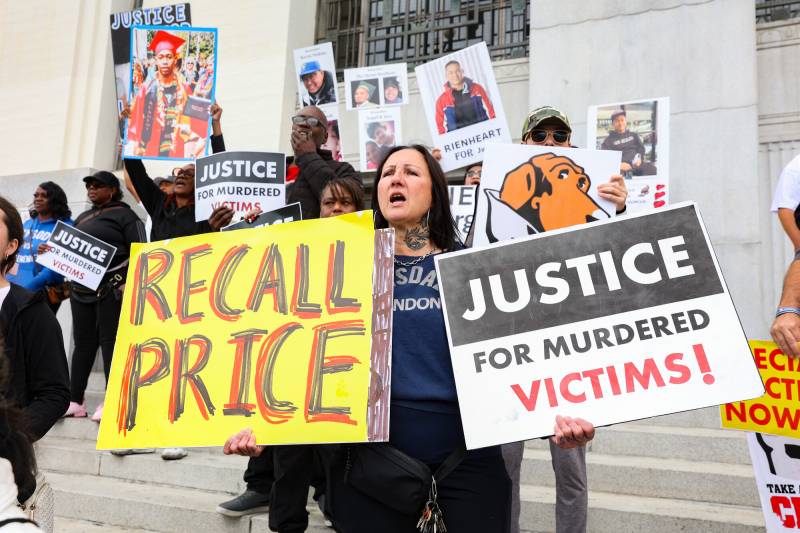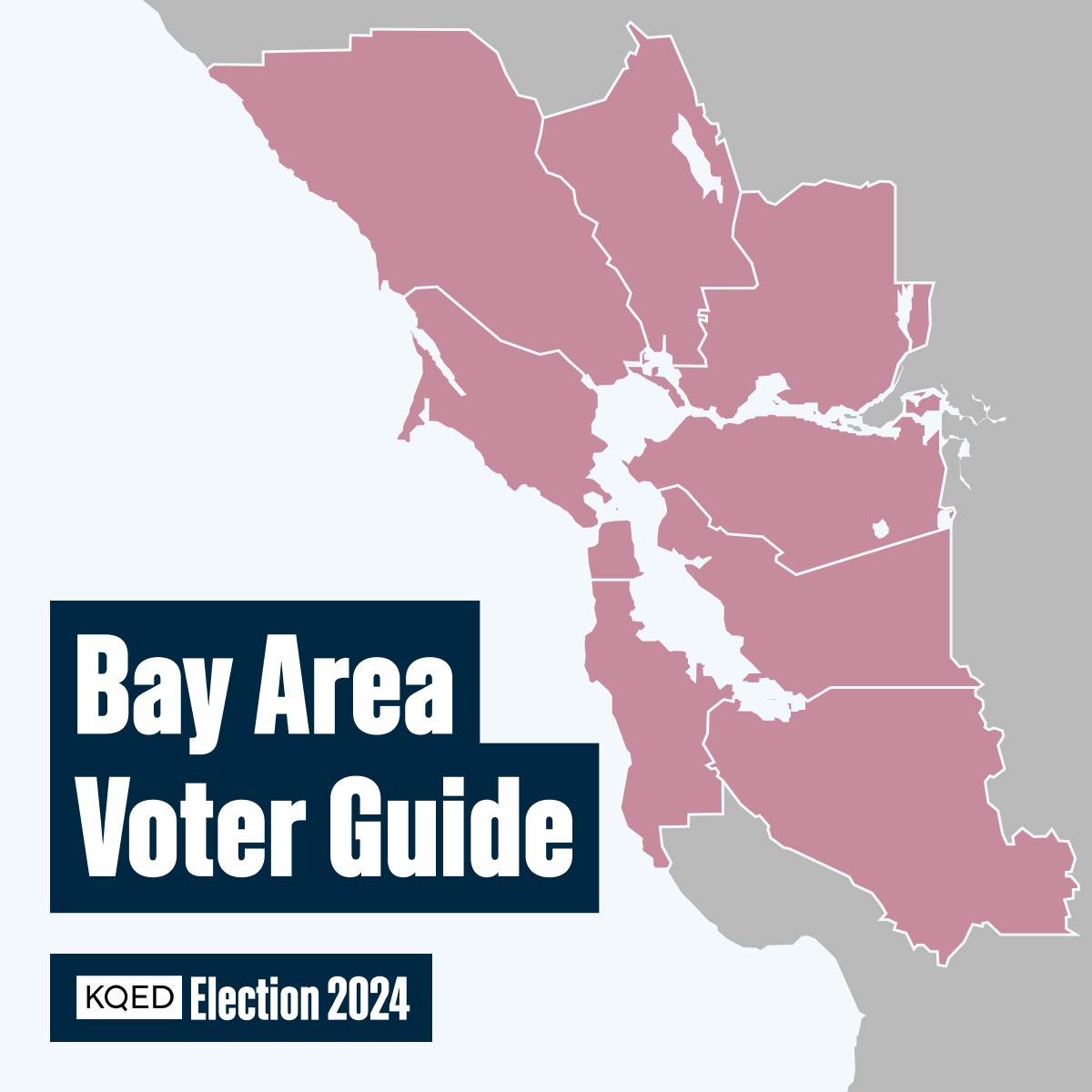A coalition of organizations called Respect Our Vote, No Recalls formed in August. The coalition includes the Oakland-based Latino Task Force, the Wellstone Democratic Club, Asian Americans for a Progressive Alameda (AAPA) and Bay Area Christian Connection, among other groups that have hosted rallies and handed out posters and yard signs. Coalition organizer Walter Riley, a civil rights attorney, said the group isn’t accepting donations, and the Oakland Rising and AAPA cover its printing costs.
Finally, Fxk Yo Recalls, Oppose the Recalls of Thao and Price, formed earlier this month. So far, the committee hasn’t reported any fundraising. Its principal officers are Jennifer Findlay and Nathan Peterson. Both list Oakland addresses in filings.
Where is the money from?
There are few state or county limits on campaign spending for recall elections, largely because they are considered ballot measures, not candidate races. Unlike most candidate races, money can come from anywhere and in any amount.
Opponents of the recall have claimed supporters are largely “outsiders” trying to overrule the will of local voters. And indeed, the recall effort has generated significant amounts of money from outside the county: Nearly 40% of its funding, or about $963,000, has come from outside of Alameda County.
Interestingly, more than 60% of funding for the campaign against the recall also comes from outside the county. However, with just over $200,000, it is a fraction of the outside funding supporting the recall.
Ann Ravel, a UC Berkeley Law professor and former chair of the California Fair Political Practices Commission and the Federal Election Commission, said it’s not uncommon for political candidates and ballot measure committees to receive funding from outside the jurisdiction the election takes place in.
“A candidate may have personal and professional connections out of state,” Ravel said. “Supporters may have businesses locally or family members, even though they live somewhere else.”
“When there’s localities or cities, or in this case counties, that are particularly influential nationwide, it’s not uncommon for outside money to be flowing into those,” said David Shor, money in politics program manager for Common Cause California, an advocacy group pushing for more transparent democracy in the state.
“When money is flooding in from outside the district or outside of localities, oftentimes that ends up leading to those candidates not being accountable to the people who they should be,” Shor added.
Within Alameda County, the bulk of pro-recall donations comes from just a few neighborhoods in the north end of the county — primarily from one ZIP code in Piedmont and two in Oakland, covering the residential neighborhoods in the hills east of Lake Merritt and downtown Oakland. Nearly a million dollars came from the Piedmont ZIP code, while around $200,000 came from the two Oakland ZIP codes, including residential neighborhoods in the hills east of Lake Merritt and Oakland’s downtown.
According to U.S. Census data, wealth is concentrated in the southeastern end of the county, with the exception of Piedmont— which has the highest median household income in the county— and certain ZIP codes in the Oakland and Berkeley hills. Overall, Oakland has the lowest median household income in the county.
Donations opposing the recall are less concentrated. A ZIP code in Pleasanton contributed the most – $11,000. Pleasanton residents have the third-highest household median income in the county, according to census data.


